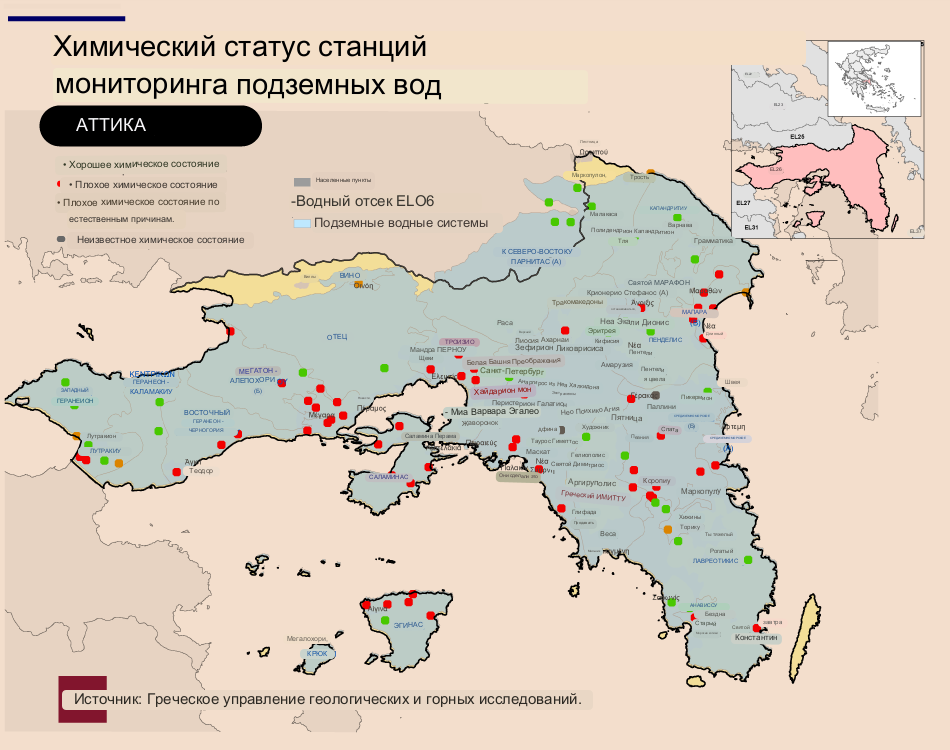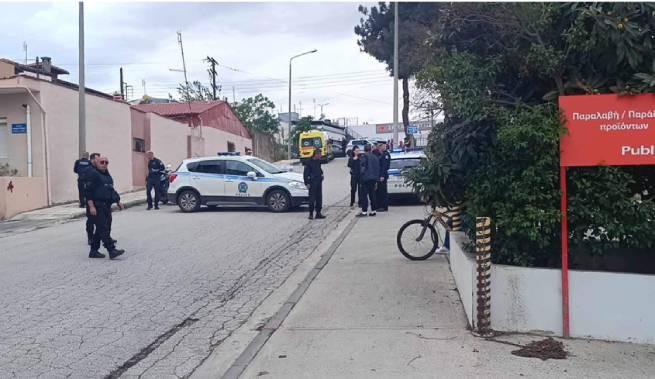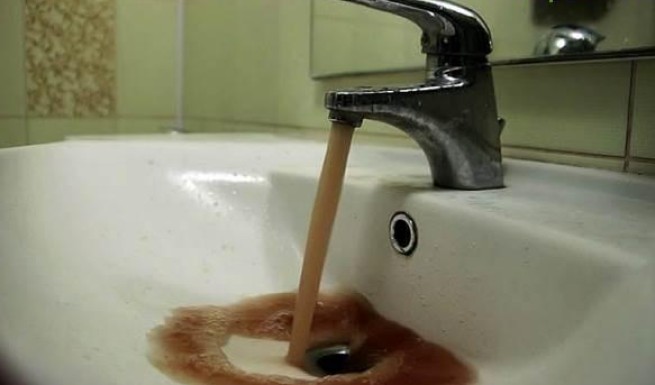Scientists from the Hellenic Geological and Mining Research Authority (EAGME) have discovered a serious deterioration in the quality of groundwater (artesian) water at 42% of measuring stations located throughout the country.
The main problems arise in areas with intensive exploitation of aquifers, where nitrate pollution and groundwater salinity are recorded due to the use of nitrogen fertilizers and seawater infiltration, which makes the water undrinkable and even irrigation of agricultural crops.
Regarding the small percentage of excess concentrations heavy metals, trace elements and chloride ions, then the scientific team of the Department of Hydrogeology (under the leadership of geologist Vasilis Zorapas as scientific supervisor) explains this natural causes.

According to the Groundwater Monitoring Network’s multi-page 2022 report released yesterday, water conditions were poor (either due to man-made or natural causes) in:
- 66% of Attica measuring stations,
- 59% Central and Eastern Macedonia,
- 50% of the Aegean Islands,
- 41% Eastern Peloponnese,
- 38% East Central Greece and Thessaly,
- 36% of the Ionian Islands,
- 34% Thrace,
- 33% of Crete,
- 29% Western Peloponnese,
- 27% Western Macedonia,
- 26% West Central Greece,
- 25% of Northern Peloponnese.
Best water quality maintained in Epirus (excluding Corfu), where 87% of groundwater is classified as good and the remaining 13% as poor (5% due to natural causes).
Total in 2022 for the most important ions, nitrogen compounds, phosphate compounds and trace elements 6385 samples were taken at 1896 control water intakes.
The situation in 66% of Attica’s waters is poor. Particularly in Attica bad news is that there are no significant differences in the qualitative and quantitative characteristics of water when comparing the 2022 data with the data from the Groundwater Monitoring Network (2018-2021) and with the old ΕΑΓΜΕ data.
good news is that in general no tendency to worsen. Only those areas of Attica that are still connected (supplying) from artesian wells are facing problems. However, most of the populated areas of the basin are connected to the network EYDAPwhere the water is of excellent quality.
Analysis of all data shows that qualitative and quantitative degradation caused by anthropogenic causes persists in the water systems of Megara-Alepochori, Triasio, Marathonas, as well as Aegina and Salamis. The deterioration is associated to a greater extent with intensive cultivation of land, leading to processes of salinization and nitrification of the soil horizon.
In the hydraulic system of Loutraki, excess values of magnesium (Mg) are observed, and in Mesogio – excess of chloride ions (Cl), which are attributed to causes of natural origin. The high concentrations of magnesium in the areas of Gerania (western and central) and Ymittos are due to the ultramafic rocks that make up the aquifer.
Expert conclusion: use water filters.







More Stories
Weather forecast: rain and storms in Athens and Thessaloniki on Saturday
Thodoris Kolidas explains the phenomenon "black sky" on Good Friday
Black swan in the Evros river delta